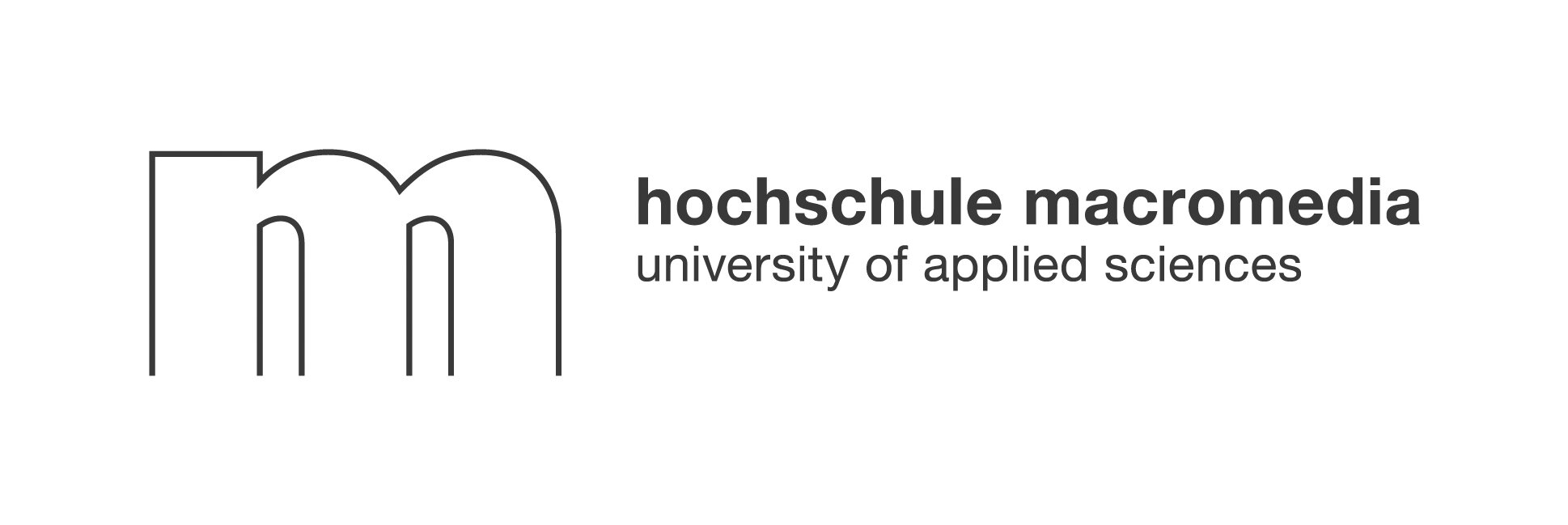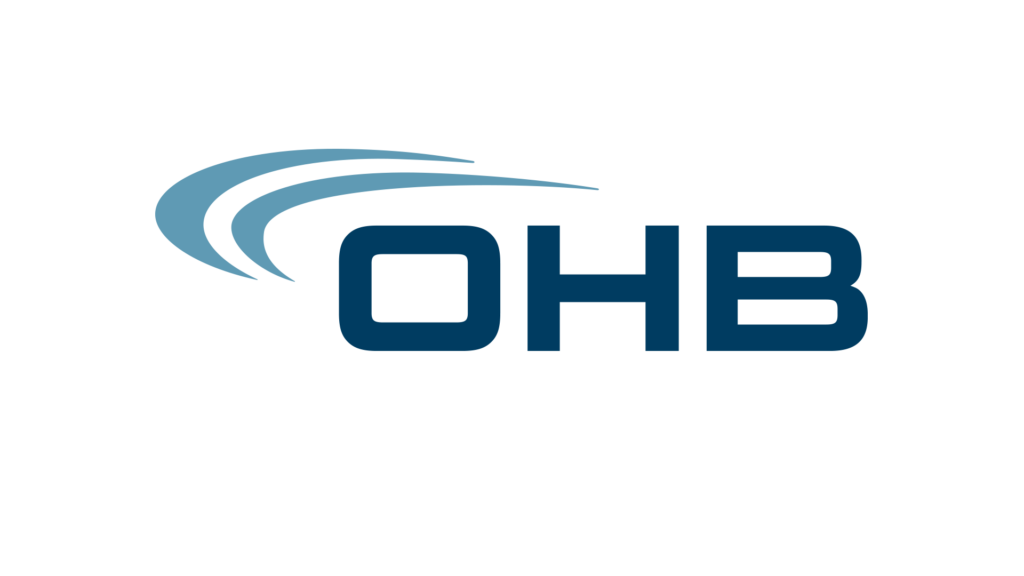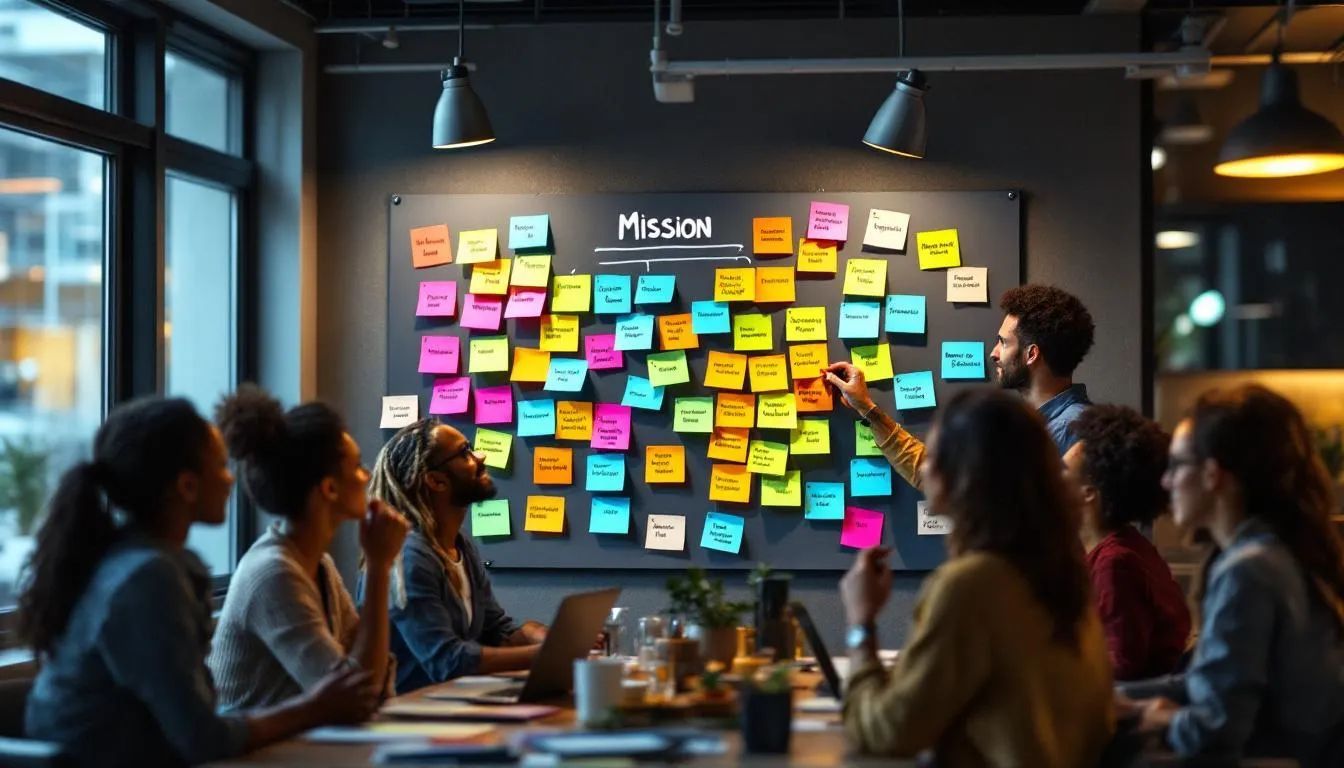The future of leadership is arriving faster than anyone expected. By 2030, leaders won’t just be managing teams—they’ll be orchestrating cultures, guiding hybrid workforces, and leveraging artificial intelligence to foster authentic connections. The old playbook of rigid hierarchies and one-size-fits-all engagement is quickly becoming obsolete. Instead, the leaders who thrive will be those who adapt, empathize, and use technology as a bridge, not a barrier.
What does this mean for you? It’s not just about staying relevant. It’s about creating workplaces where people feel seen, supported, and truly connected—even if they’re continents apart. In this guide, discover seven trends every manager must master, and see how platforms like Neroia are helping to shape the future of leadership by turning AI into a force for genuine human connection.
Rethinking Power and Purpose: Why the Future of Leadership Starts With Mindset
From command-and-control to adaptive influence
Traditional leadership was about authority and control. Leaders set the direction, issued commands, and expected compliance. But as workforces become more diverse and distributed, this approach is losing its effectiveness. The future of leadership requires a shift from command-and-control to adaptive influence—where leaders inspire, guide, and respond to change with agility.
Adaptive leaders prioritize listening over telling. They create space for experimentation and empower individuals to contribute ideas. This mindset shift is essential in hybrid environments, where trust and flexibility matter more than ever. Leaders who embrace adaptive influence build teams that are resilient, creative, and ready for the unexpected.
Aligning profit, purpose and planetary impact
Today’s employees and customers expect more than profits. They want to see organizations making a positive impact—on society, on the planet, and on individual well-being. The future of leadership is about aligning business goals with a broader sense of purpose.
Forward-thinking leaders recognize that purpose drives engagement. When people feel their work matters, they’re more motivated and loyal. This means integrating sustainability, diversity, and ethical decision-making into every aspect of leadership. By balancing profit, purpose, and planetary impact, leaders can inspire teams and drive long-term success.
Trend 1 – Leading at the Speed of Technology: AI, Automation and Data Fluency
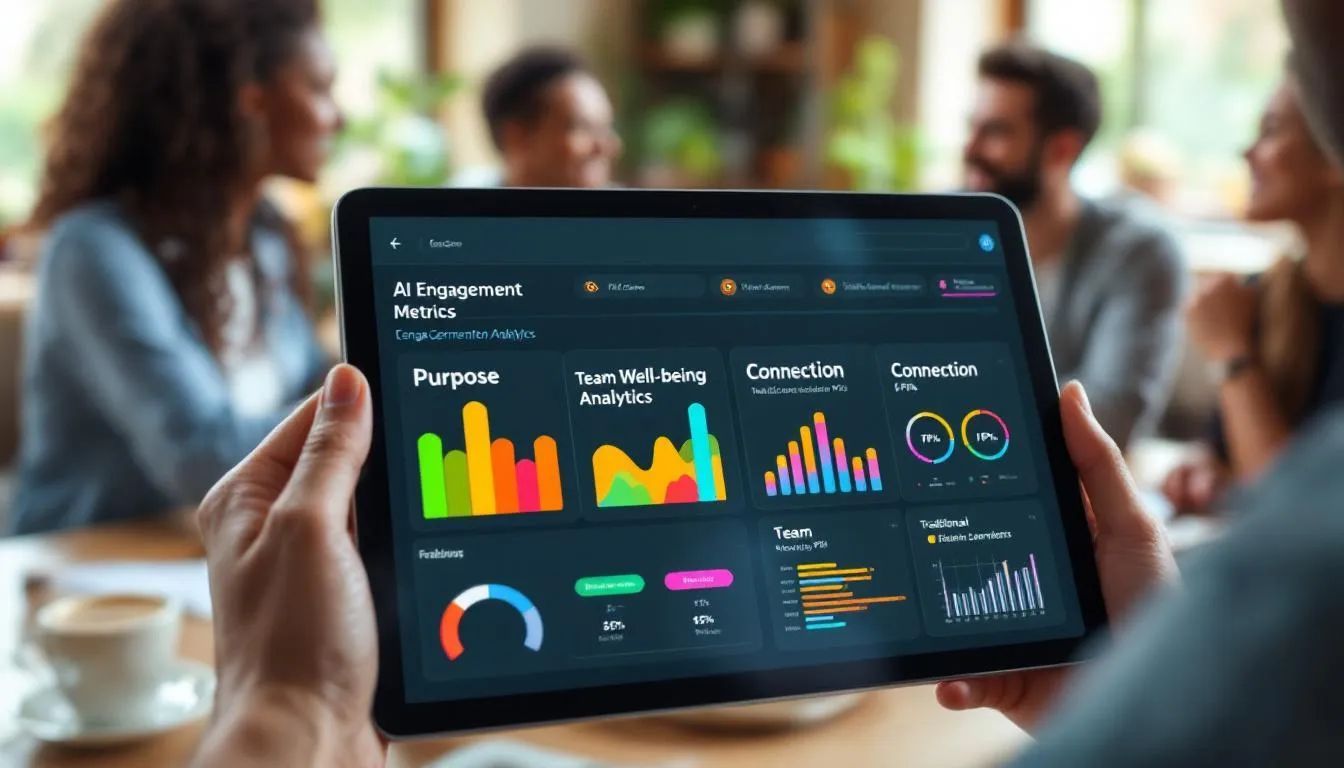
Building a perpetual–learning culture
Technology is evolving at lightning speed. Artificial intelligence, automation, and data analytics are reshaping every industry. For leaders, the challenge isn’t just keeping up—it’s fostering a culture where continuous learning is the norm.
A perpetual-learning culture encourages curiosity and experimentation. Leaders model this by staying open to new tools and encouraging teams to upskill regularly. According to Korn Ferry’s Workforce 2025 report, agile learners and tech-savvy innovators are in high demand. This means offering hands-on workshops, online courses, and space for employees to explore new technologies.
Turning AI into a strategic co-pilot, not a headcount threat
AI often sparks anxiety about job security. But the future of leadership is about reframing AI as a strategic co-pilot. Leaders who leverage AI for automation, insights, and personalized engagement free up time for creativity and relationship-building.
Platforms like Neroia exemplify this shift. Instead of using AI to replace human interaction, Neroia’s platform uses AI to recommend micro-events—small group activities tailored to interests and schedules. These AI-driven suggestions help employees effortlessly discover new connections, breaking down silos and fostering organic teamwork. The result? Technology that enhances, rather than threatens, the human side of work.
Trend 2 – Cultivating Agile, Purpose-Driven Cultures That Thrive on Change
Embedding experimentation and rapid feedback loops
Change is relentless. Companies that thrive are those that treat change as an opportunity, not a disruption. Agile cultures embed experimentation into daily routines. Leaders encourage teams to test ideas, learn from failures, and adapt quickly.
Rapid feedback loops are key. Instead of annual reviews, agile leaders use regular check-ins and real-time feedback to keep teams aligned and motivated. This approach empowers employees to take risks and contribute to continuous improvement.
Measuring meaning: new KPIs for engagement
Traditional metrics—like output and attendance—don’t capture what really drives engagement. The future of leadership means tracking new KPIs: sense of purpose, connection, and well-being.
AI-powered platforms like Neroia provide anonymized analytics on participation, sentiment, and engagement. HR leaders can see which activities spark the most connection, helping them tailor strategies that truly resonate. By measuring meaning, leaders can create cultures where people thrive.
Trend 3 – Managing Hybrid and Borderless Teams Across Time Zones
Daily rituals that bond dispersed talent
Remote and hybrid work are here to stay. But distance can breed disconnection if not managed intentionally. The best leaders create daily rituals—like virtual coffee breaks, shared celebrations, or micro-events—that bring teams together, no matter where they are.
Neroia’s AI-driven micro-events are a perfect example. By curating small group activities—such as yoga sessions, cycling meetups, or cultural exchanges—the platform helps teams build trust and camaraderie beyond the typical work meeting. These rituals create a sense of belonging and reduce the isolation that often plagues remote workers.
Cross-cultural fluency as a core leadership muscle
Leading borderless teams means navigating different cultures, languages, and work styles. Cross-cultural fluency is now a core leadership skill. It’s about understanding and respecting differences, and leveraging diversity as a strength.
AI can help here too. Neroia’s platform, for example, tailors event recommendations to reflect cultural preferences and working hours, ensuring inclusion across global teams. Leaders who prioritize cultural fluency foster environments where everyone feels valued.
Trend 4 – Inclusive, Ethical and Transparent Leadership at Scale
Diversity as innovation fuel
Diverse teams are more innovative. Research consistently shows that organizations with inclusive cultures outperform their peers. The future of leadership is about championing diversity—not just in hiring, but in daily interactions and decision-making.
Leaders must create safe spaces for all voices. Platforms that facilitate small, diverse group interactions—like Neroia’s micro-events—help break down barriers and encourage fresh perspectives. These organic connections fuel creativity and drive better outcomes.
Radical transparency in the algorithm age
As AI becomes more embedded in the workplace, transparency is essential. Employees want to know how data is used and how decisions are made. Ethical leaders communicate openly about algorithms, privacy, and the use of analytics.
Neroia leads by example, using anonymized data for HR insights while maintaining a closed, secure community. This commitment to transparency builds trust and reassures employees that technology serves their best interests.
Trend 5 – Upskilling and Reskilling: Democratizing Leadership Development
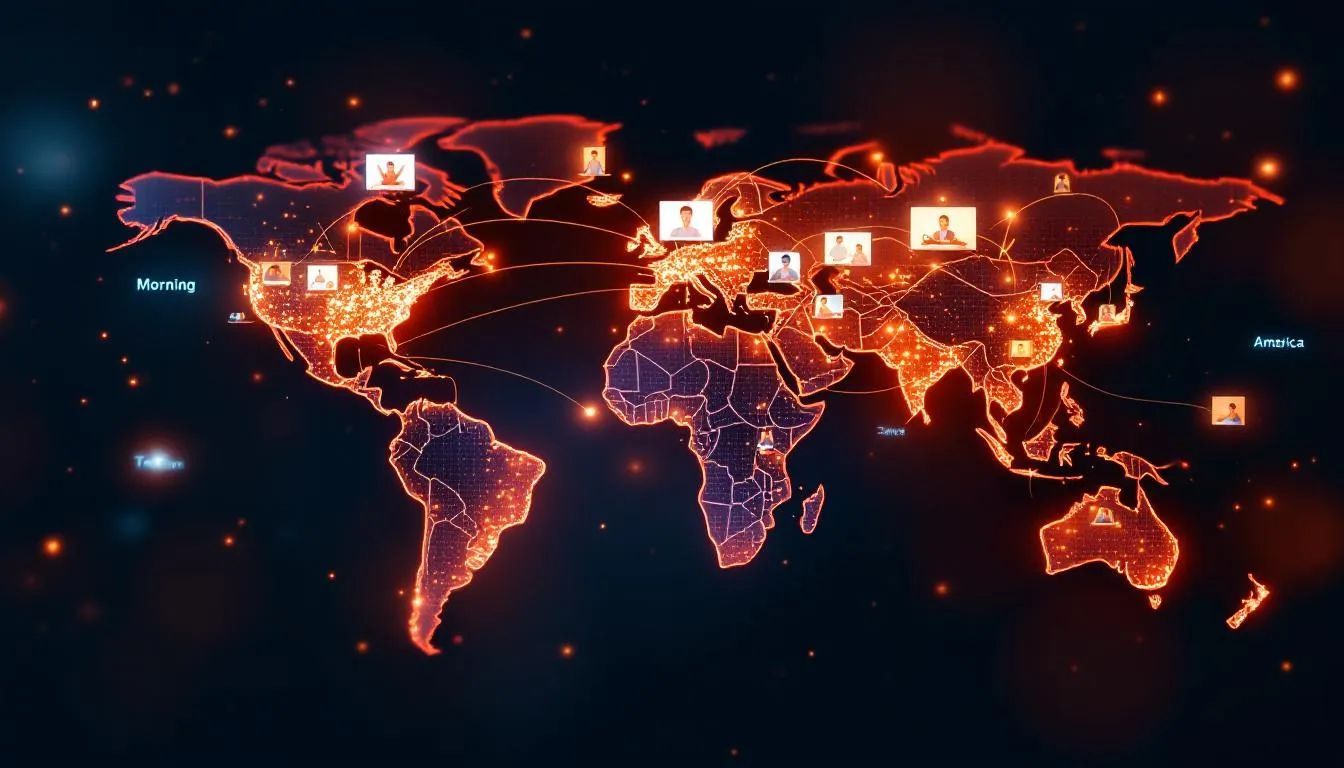
Micro-learning pathways for every career stage
The pace of change means skills can become outdated almost overnight. The future of leadership is about democratizing development—making learning accessible to everyone, at every stage of their career.
Micro-learning is a powerful tool. Short, targeted modules fit into busy schedules and address specific needs. Leaders can use platforms that integrate with existing tools (like Slack or Microsoft Teams) to deliver bite-sized learning and keep teams future-ready.
Coaching and mentorship in a digital world
Mentorship isn’t limited to in-person meetings anymore. Digital platforms enable coaching and peer learning across locations and levels. AI can match mentors and mentees based on interests and goals, making development more personalized and effective.
Neroia’s platform, for instance, facilitates informal mentorship through activity-based micro-events, allowing employees to share knowledge and support each other organically.
Trend 6 – Servant Leadership and Trust Building in a Low-Touch Workplace
Listening loops that surface real sentiment
In a low-touch, digital workplace, it’s easy for leaders to lose touch with how people are feeling. Servant leaders prioritize listening—using surveys, AI-driven sentiment analysis, and open forums to surface real concerns.
Regular listening loops ensure that employees feel heard and valued. AI can help by analyzing feedback and highlighting trends, enabling leaders to respond quickly and authentically.
Recognition systems that motivate without proximity
Recognition is a powerful motivator, but it can’t be limited to in-person praise. Leaders need systems that celebrate achievements—big and small—across dispersed teams.
AI-driven platforms can automate recognition, highlighting contributions in real time and ensuring everyone feels appreciated. Neroia’s platform, for example, integrates recognition into its micro-events, celebrating participation and fostering a culture of appreciation.
Preparing Today for the Future of Leadership: A Personal Action Playbook
The future of leadership isn’t a distant vision. It’s a set of actionable steps you can start today. Here’s a practical playbook to get you moving.
Five actions to start in the next 30 days
- Audit your leadership mindset: Reflect on how you influence and support your team. Are you adaptive and open to change?
- Experiment with AI tools: Try platforms like Neroia to see how AI can enhance engagement and connection in your team.
- Launch a micro-event: Organize a small group activity—virtual yoga, a book club, or a cultural lunch—and gather feedback.
- Set new engagement KPIs: Track metrics like connection, well-being, and participation, not just output.
- Prioritize learning: Encourage your team to try a micro-learning module or peer mentorship session.
Metrics to track your progress toward 2030 readiness
"A Boss has the title but a leader has the people."
How Neroia Is Shaping the Future of Leadership
Neroia’s vision is perfectly aligned with the future of leadership. By using AI to curate micro-events and foster authentic, informal connections, Neroia empowers leaders to build cohesive, resilient teams—even in hybrid and remote settings. The platform’s integration with everyday collaboration tools ensures that engagement feels natural, not forced.
Pilot programs, such as yoga sessions and company runs, have shown how AI-orchestrated micro-events can break down silos and create vibrant workplace cultures. Anonymized analytics provide leaders with actionable insights, while privacy and employee-centricity remain at the core.
As organizations look to 2030 and beyond, the future of leadership will belong to those who can blend technology with empathy, purpose, and adaptability. By championing well-being, breaking silos, and making authentic connection effortless, Neroia is not just keeping pace—it’s setting the standard for what leadership can and should be.
"The leaders of tomorrow will be those who use technology to bring people together, not keep them apart."
Ready to experience the future of leadership? Discover how Neroia can help your organization foster authentic connections, boost engagement, and build a culture where everyone thrives.



